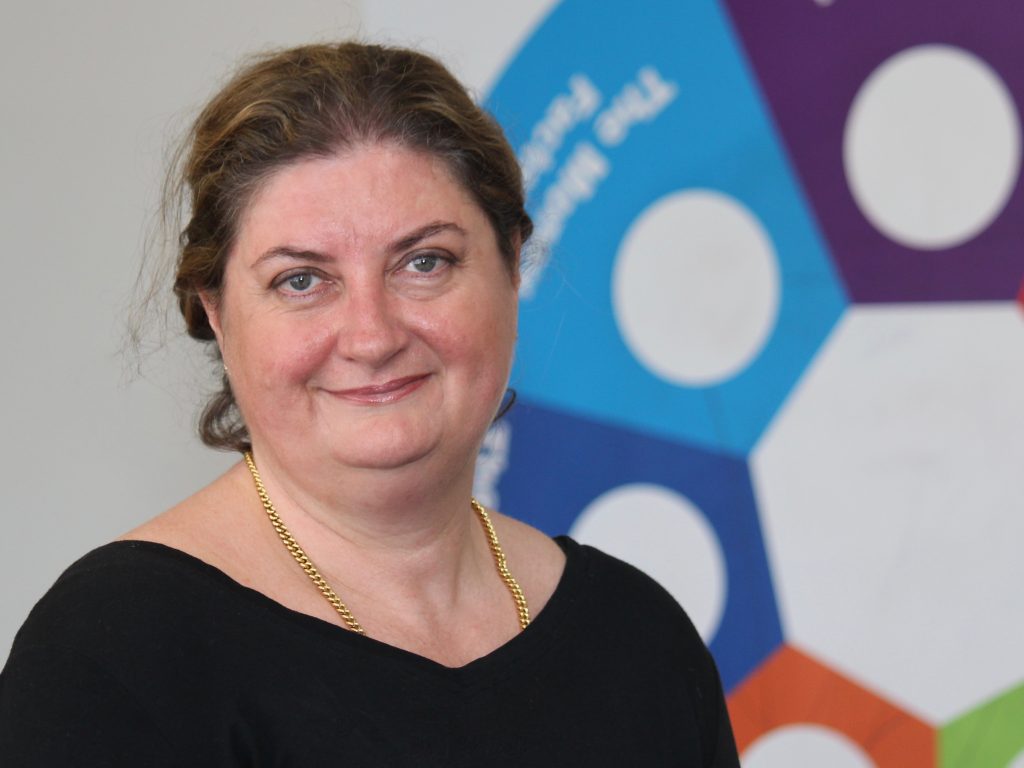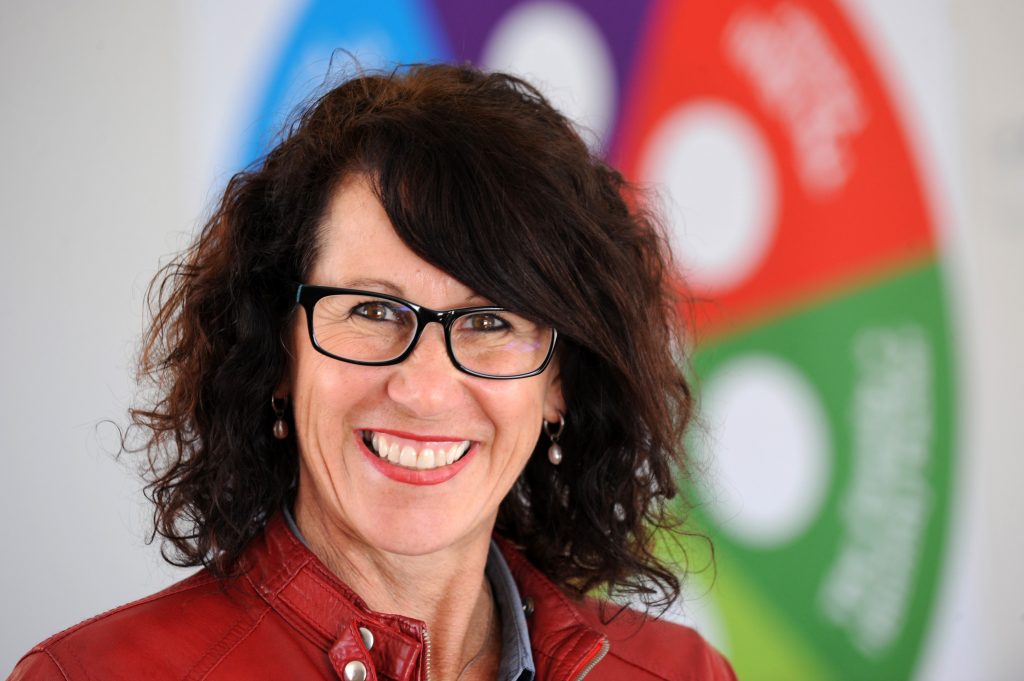Year 12 parents should be match-fit, not stressed out
A good “coach” is key to finishing school well
Getting a teenager through the final year of school feels like a gruelling marathon for many parents and caregivers.
“It’s also preparing them for the world.” – Lyn Worsley
Anxiety and stress are words that seem inextricably linked with Year 12. And even mentioning the ATAR (Australian Tertiary Admission Rank) injects a sense of dread into students and parents alike. This dread is also fuelled by countless articles and stories about senior students who have suffered mental health breakdowns.
But this doesn’t need to be the experience for most students, says Lyn Worsley, clinical psychologist and director of The Resilience Centre in Sydney. In fact, she argues that Year 12 can actually be “a delightful time of flourishing” for young people, especially those within the framework of a Christian family.
“From a resilience perspective, it’s actually really helpful for their development,” says Worsley. “It’s probably the first stage of adversity for them to cope with. It’s an opportunity for them to develop their character during this time … It’s also preparing them for the world.”
She warns parents against “fearmongering” about the difficulty of Year 12 final exams, noting that the “majority of kids come through OK”. She also says the increased workload is a good thing for students in their final years, as it stretches their developing brain (and keeps them busy!).
“The majority of kids actually see this as a form of entering into the big world. I think we forget that when we start to ham up the dread of the ATAR, we then run the risk of overprotecting our children. And when they come out [of school], they can’t cope with the workforce or university.”
However, Worsley recognises that not all students come through their final year unscathed. She highlights two key signals that show students aren’t coping: disengagement and withdrawal. Behaviours in children which parents or caregivers need to act on include withdrawing from social contact, staying in their room, crying and other signs of depression, such as low motivation, weight loss, missing meals and self-harming.

“University is not for everybody and it doesn’t need to be.” – Jacqui Van de Velde
Year 12 veteran Jacqui Van de Velde has lived through the experience twice as a parent and many more times as a high school teacher. Having worked in education for 25 years, she has a strong understanding of the pressure facing families in the last two years of a child’s schooling. This led her to help Worsley facilitate a course called “Parenting Through the Last Year of School” for The Resilience Centre, where Van de Velde works as Research and Analytics Coordinator.
The four-week course runs online and also has been delivered in several schools.
The stress surrounding Year 12 is largely due to the focus on ATARs, according to Van de Velde. She notes the growing trend across Australia for students’ final results to “become more and more high stakes”, as schools now even pin their marketing campaigns on students’ tertiary rankings.
“With the ATAR comes the view that the only possible valuable post-school destination is university. But university is not for everybody and it doesn’t need to be. There are lots of different post-school options out there. Life’s success, post-school, doesn’t really depend on the ATAR or a university entrance,” says Van de Velde.
“At this stage, you are no longer raising children, but you are raising adults.” – Jacqui Van de Velde
To positively navigate the final school year in this environment, Van de Velde puts the focus on parents and caregivers, rather than students. “Parents have a really important role in managing the home front and making sure the [whole family] comes out of it in the end with relationships intact, and with the best possible outcome for the young person going through their final year,” she says.
She suggests parents should view their role as a “coach”, with the dual aim of being organised and committed to the cause. This involves helping students to manage their time effectively; ensuring they get enough sleep, eat healthily and get regular exercise; and managing the family calendar to balance study and social life.
She warns parents against being too dictatorial in overseeing their children’s study, saying “At this stage, you are no longer raising children, but you are raising adults.” She also advocates for parents to encourage kids to have a break from the books – an idea that is backed by science.
“There’s a lot of research coming out now saying that downtime plays an important role in the brain’s capacity to consolidate and process information … So sometimes just sitting and doing nothing is OK. A young person needs to be given permission to do that,” says Van de Velde.
“The plans are for their future, not for yours.” – Jacqui Van de Velde
The good news for parents (and bad news for kids) is that she endorses the continued involvement of Year 12 students in household chores. Rather than exempting them from chores, Van de Velde suggests they help involve students in ‘normal’ routines and open opportunities for interaction with the rest of the family.
“The conversation that flows when your hands are busy is often really powerful. It can be an important opportunity to connect, and it can even be fun,” she says.
Perhaps most importantly, Van de Velde reminds parents to be realistic about their child’s achievements, saying, “The plans are for their future, not for yours.”
Christian parents have an advantage in helping kids to not only survive, but to thrive through their final school year. Van de Velde stresses the importance of prayer – as a shared activity with children, but also in individual prayer for them. By praying for and serving children as a “coach”, it serves as a powerful witness.
“Our young people will see us taking our role as parents seriously to bring them up in a faith-supported environment,” says Van de Velde.

“Doing the HSC is like nothing when we look ahead to see what we’ve got to look forward to.” – Lyn Worsley
The community Christians enjoy can also enable families to come through Year 12 with much greater resilience. Worsley notes the many resources available to Christians in the church community, such as opportunities for mentoring and discipleship among those who have gone through the experience before, or to walk alongside those currently going through it. She encourages Christians to focus on “working together, loving one another and not competing”.
“Christians have a much greater capacity for resilience if they are drawing on their resources,” says Worsley.
“We’re meeting with people who have got that same hope for a bigger and greater thing than we are experiencing at the moment, so it puts it into perspective. Doing the HSC is like nothing when we look ahead to see what we’ve got to look forward to.”




